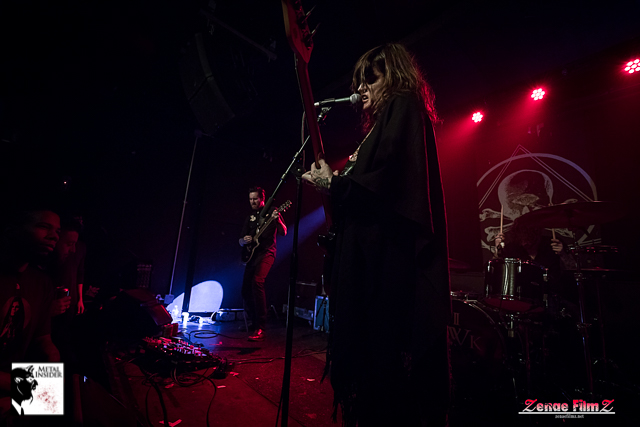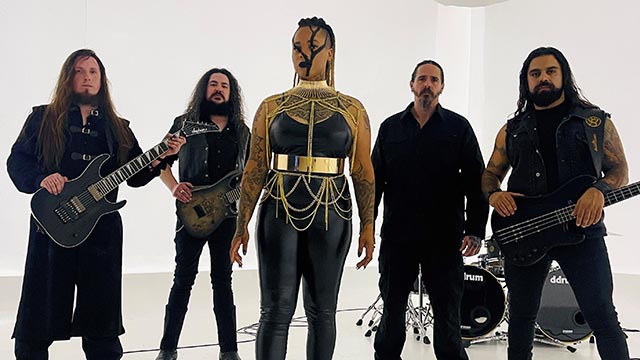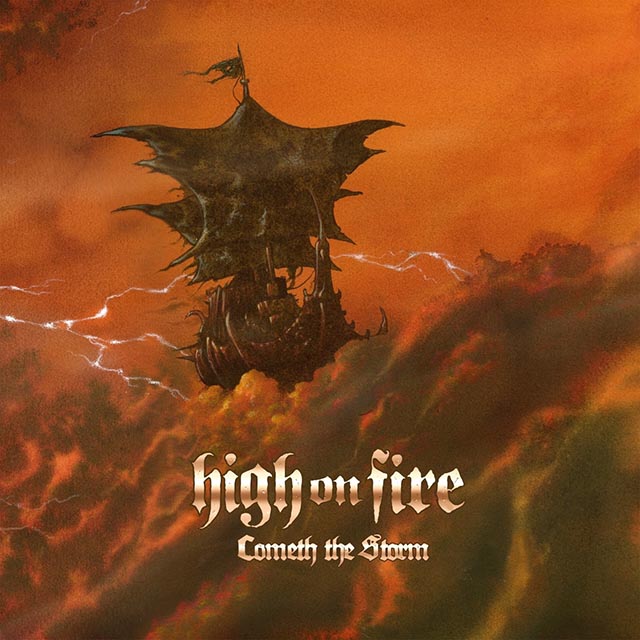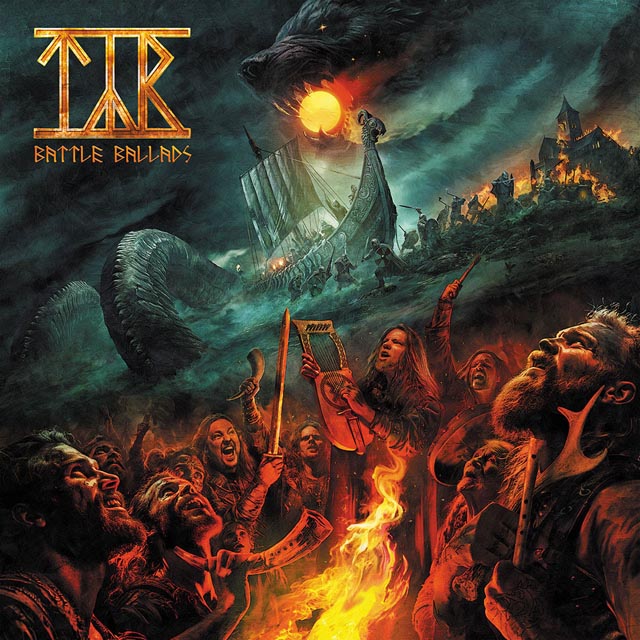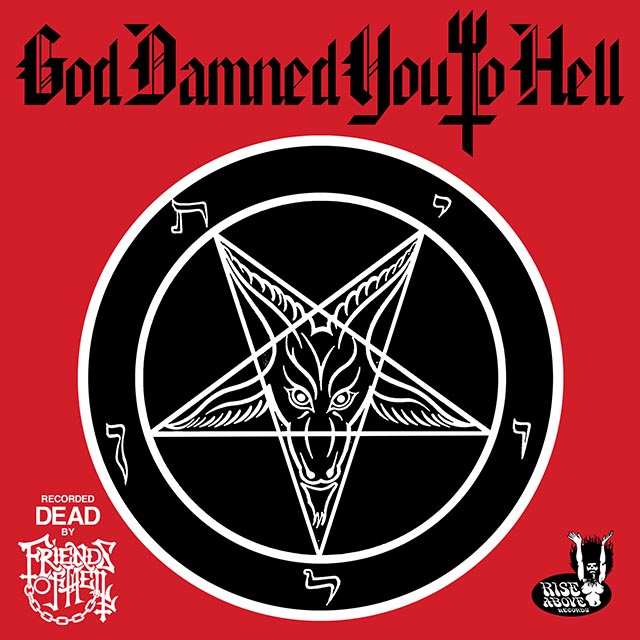
A new bill is being introduced in the US Senate that aims to help independent music venues struggling in the pandemic stay on their feet until they are able to reopen.
Co-written by Senators Amy Klobuchar (D-MN) and John Cornyn (R-TX), the Save Our Stages Act will provide $10 billion in Small Business Administration grants to venues, giving them six months of financial support so they can pay employees, rent and anything else essential to keeping their business afloat.
The Save Our Stages Act also outlines who gets money and guidelines for use. According to Blabbermouth, that includes:
“* Narrowly defining independent live venue operators, promoters, and talent representatives to prevent large, international corporations from receiving federal grant funding
* Directing the SBA to make grants to eligible venues equal to the lesser of either 45 percent of operation costs from calendar year 2019 or $12 million
* Allowing the Small Business Administrator to issue supplemental grants in the future if funding remains available and applicants can demonstrate need
* Permitting recipients to use grants for costs incurred during the COVID pandemic
* Requiring recipients to return remaining funding after one year from the date of disbursement
* Permitting recipients to use grants for rent, utilities, mortgage obligations, PPE procurement, payments to contractors, regular maintenance, administrative costs, taxes, operating leases, and capital expenditures related to meeting state, local, or federal social distancing guidelines”
Said Klobuchar of the act, “Minnesota’s concert halls, theatres, and places of entertainment, like First Avenue in Minneapolis, where Prince famously performed, have inspired generations with the best of local music, art, and education. This legislation would help ensure that small entertainment venues can continue to operate, and serve our communities for generations to come.”
“Texas is home to a number of historic and world-class small entertainment venues, many of which remain shuttered after being the first businesses to close,” Cornyn added. “The culture around Texas dance halls and live music has shaped generations, and this legislation would give them the resources to reopen their doors and continue educating and inspiring Texans beyond the coronavirus pandemic.”
Members of the independent music community have been fighting for some kind of aid since the pandemic began. Back in June, the National Independent Venue Association (NIVA) published a bleak report on the state of these venues, predicting that 90% could shut down if the government doesn’t step in with funds to help them survive.
Said Adam Hartke, co-chair of NIVA’s Advocacy Committee and president of Hartke Presents, of the new development, “On behalf of our more than 2,000 member venues, promoters and festivals, as well as their employees, artists and local communities who are facing an existential crisis as a result of the COVID-19 pandemic, we’re incredibly grateful to Senators Cornyn and Klobuchar.”
He continues, “While existing government assistance programs have helped other industries, they weren’t tailored to meet the needs of small businesses like ours that have zero revenue, enormous overhead and no visibility into when we can fully re-open. The Save Our Stages Act will provide the assistance we need to get through the shutdown until we can reopen safely and once again become the economic generators for our communities that we’ve always been.”
The UK passed a similar relief package earlier this month, giving hard-hit businesses in the arts £1.57 Billion in grants and loans.
Another act, the RESTART Act, has also been introduced into the House and Senate. More generally geared toward businesses with “high overhead and no revenue during the pandemic,” the act has seen support from all the major labels, streaming services and NIVA, who sent a letter to the Senate Committee on Small Business a couple of weeks ago to gain support from legislators.
Because of the COVID-19 pandemic, live music coming back in its “normal” form is still a while away. Many predict that it will start making a comeback in 2021, though some are saying that it’s return could be as late as 2022.

